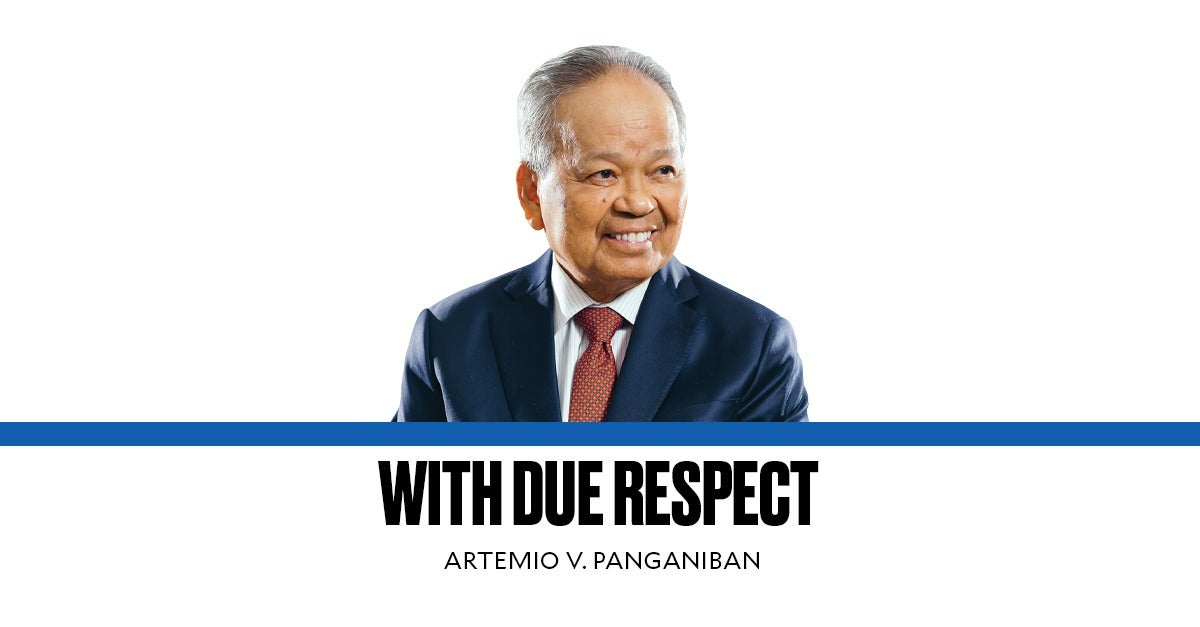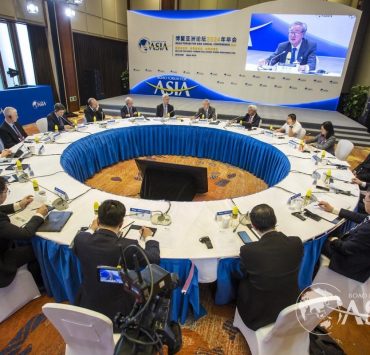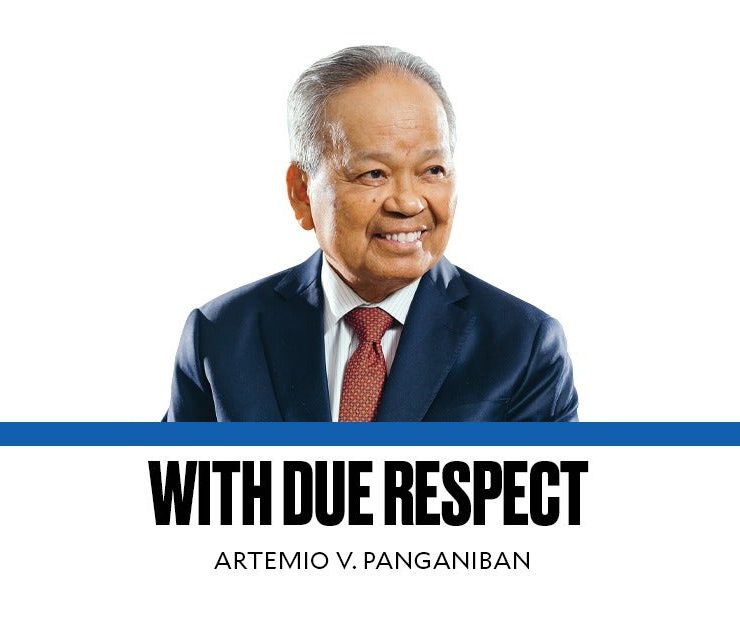Powers of the Ombudsman

The Court of Appeals or CA (in Chiong v. Anonymous MIAA Officials, March 21, 2024, per J Eleuterio L. Bathan, 13th Div) reversed the Aug. 1, 2023 (“approved on Aug. 4, 2023”) decision of the Office of the Ombudsman (OMB) finding Cesar M. Chiong and Irene P. Montalbo, acting general manager and acting assistant general manager, respectively, of the Manila International Airport Authority (MIAA) “guilty of Grave Misconduct, Abuse of Authority or Oppression and Conduct Prejudicial to the Best Interest of the Service and impose[d] upon them the penalty of Dismissal from the Service with forfeiture of all their retirement benefits and perpetual disqualification to reenter government service.”
CONSISTENT WITH THE NEW SUPREME COURT STYLEBOOK, the appellate court—in simple language—advanced two main reasons for its ruling. First, the Civil Service Commission (CSC), not the OMB, has the primary jurisdiction to determine the legality and the propriety of the reassignment and designation of 285 MIAA employees made by Chiong and Montalbo. Absent “a prior ruling of the CSC,” the OMB’s decision was “struck down for prematurity and lack of factual and legal bases.” It had, and still has, no authority to suspend the two officials, much less to dismiss them from the service.
Second, “[g]ranting that the OMB made an independent examination of the reassignments,” still the CA found that the OMB’s verdict “lack[ed] factual basis and substantial support in evidence.” An administrative decision like the one made by the OMB “must be supported by substantial evidence, or that amount of relevant evidence adequate and acceptable enough for a reasonable mind to justify a conclusion …” But “in finding [Chiong and Montalbo] guilty of the charge against them, the OMB merely made a general statement, ruling that ‘[the] reassignment and designation of the MIAA employees … were exercised with clear intent to violate the law’” without adequate factual bases.
CREATED BY SECTION 5 OF ARTICLE XI OF OUR CONSTITUTION, the “independent” OMB, as the “protector of the people,” shall “investigate on its own, or on complaint by any person, any act or omission of any public official, employee, office or agency when such act or omission appears to be illegal, unjust, improper or inefficient.”
However, this plenary power should be exercised with the diligent observance of the constitutional rights of the respondents, and the constitutional powers and duties of the other agencies of the government, like the CSC, an independent coequal of the OMB in our constitutional structure.
Actions of the OMB in administrative cases, like the Chiong’s, are appealable to the CA. Criminal cases are filed by the OMB in the Sandiganbayan (SBN). Note, however, that nothing prevents an aggrieved person from bringing an OMB matter directly to the Supreme Court grounded on constitutional violations and/or on grave abuse of discretion. Examples are the suits brought to the highest court due to the OMB’s unreasonable delay in investigating and prosecuting criminal offenses. I have written about them several times, and I will not bore readers with a repetition.
JUSTICE CONCHITA CARPIO MORALES IS PERHAPS THE MOST CELEBRATED OMB. Her appointment, to her utter surprise, was announced by then president Benigno Aquino III during his State of the Nation Address on July 25, 2011, a month after she retired from the Supreme Court on June 19 of the same year. Notably, she is the first woman to administer the oath of office of a president (Aquino) and a vice president (Jejomar Binay), a year earlier on June 30, 2010.
During her seven-year term (2011-2018) as OMB, she relentlessly filed cases against the highest incumbent and retired officials of the country, including former president Gloria Macapagal Arroyo (who named her associate justice), former vice president Binay, former and incumbent senators (e.g., Juan Ponce Enrile, Ramon “Bong” Revilla, Jinggoy Estrada) for nonbailable offenses resulting in their detention pending trial.
Her admirers were joyous when this newspaper crowned her (along with then justice secretary Leila de Lima and Commission on Audit chair Grace Pulido-Tan, who were given the moniker “Three Furies”), as 2014’s “Filipino of the Year,” her alma mater, the University of the Philippines, granted her a doctoral degree in law, honoris causa, and the Ramon Magsaysay Foundation proclaimed her as one of the 2016 recipients of the “Ramon Magsaysay Award,” said to be “Asia’s Nobel Prize.”
To be fair, her critics fault her for the allegedly “baseless” charges she filed against some of these officials who, after many years of detention, were subsequently acquitted or released on bail by the SBN or by the Supreme Court.
A hero to many and a heel to others, she continues—though in retirement—her advocacies for good governance. Along with now deceased secretary of foreign affairs Albert del Rosario, she exhibited indefatigable stamina in filing a communication in the International Criminal Court against Chinese President Xi Jinping for China’s environmentally destructive activities in the South China Sea.

















